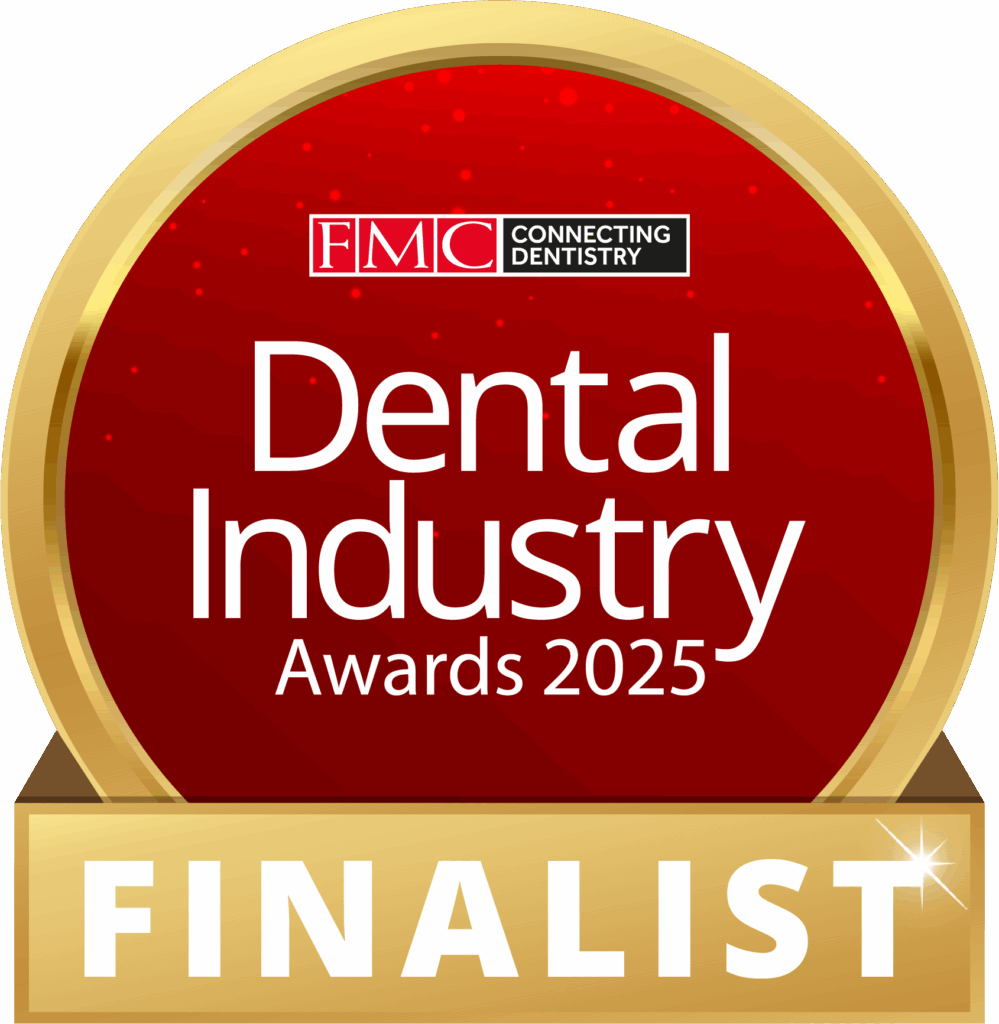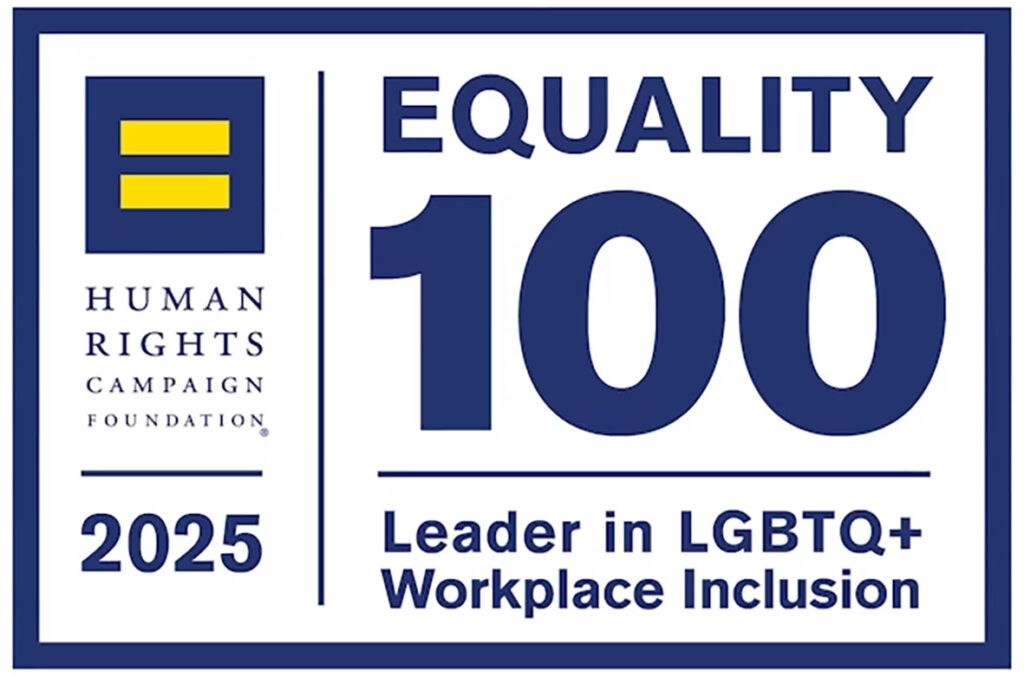Should I surrender my NHS contract?
Historically the answer would have been an unequivocal ‘no’. But post-pandemic, the answer is no longer as simple...
When valuing practices one of the most common questions I am asked is “should I surrender my NHS contract?” Historically the answer would have been an unequivocal ‘no’… but post-pandemic, the answer is no longer as simple as this.
Ultimately whether surrendering your NHS contract will increase the value of your dental practice will depend on numerous factors unique to your practice.
NHS goodwill Vs private goodwill
NHS goodwill has traditionally held a much higher value than private goodwill, in some cases twice the value. The consistent monthly payment from the NHS provided a security that not many other industries enjoy. This made dental practices a very desirable purchase option for independent dentists and corporates alike.
Post-pandemic, the world changed in many ways and dentistry has certainly experienced its fair share of change. Whilst practices were still receiving regular NHS payments without having to deliver full contract targets, chair time was increasingly being utilised for private treatments, with a clear focus on cosmetic dentistry boosted by a higher level of disposable income.
Subsequently we now find ourselves in a situation where associates are more inclined to deliver private dentistry. UDA remuneration rates have been driven up (making NHS dentistry less profitable) and many practices face large clawbacks. Hence why you may be considering surrendering your NHS contract.
Practice valuations are driven by profitability metrics. If you hand back your NHS contract you need to have a plan in place to quickly replace that profit.
4 important factors to consider before surrendering your NHS contract:
1. Your current UDA rate
If you have a £28 UDA rate your NHS contract will deliver less profit than a practice with a £35 per UDA rate and so you may find it easier to replace that profit through conversion of NHS patients to a dental plan or through fee-per-item treatments.
2. Remuneration rate paid to Associates
If you have a £35 UDA rate, paying your Associate £12 per UDA of that income is costing you 35% to deliver. If you convert to private, chances are you will be remunerating your Associates at 45-50% meaning you will have to deliver a higher level of turnover just to match the same profit level due to the clinical costs being higher.
3. Private dentistry costs
Private practices generally entail higher costs in terms of laboratory and material spend, meaning that a like-for-like replacement of NHS turnover to private turnover might not always provide a like-for-like profitability.
4. The look and feel of your practice
Many private practices are embracing high end fit outs, with bespoke branding and an enhanced patient journey. You would need to think about how your practice would compare to other practices in the locality to ensure that you retain your patients once you convert them to private patients.
In summary…
Clearly there is no one-size fits all, however we are seeing many owners successfully surrender their NHS contracts while still protecting the value of their practice.
It may be that a gradual reduction of the contract value is the most sensible option, taking away some of the stress of NHS delivery while still maintaining a smaller stable income into the practice. Mixed practices still prove most popular for sale – buyers still value NHS contracts and the security they bring as long as they are considered to be sustainable.
What’s next?
Ultimately the decision on the future of your contract shouldn’t be taken lightly. Seeking advice from an experienced broker is the best course of action, as they can weigh up the nuances of your practice and hypothetically model what would happen to your practice value with a rebased or surrendered contract.
To speak to one of our experts, contact us or book a valuation to chat through your options.










